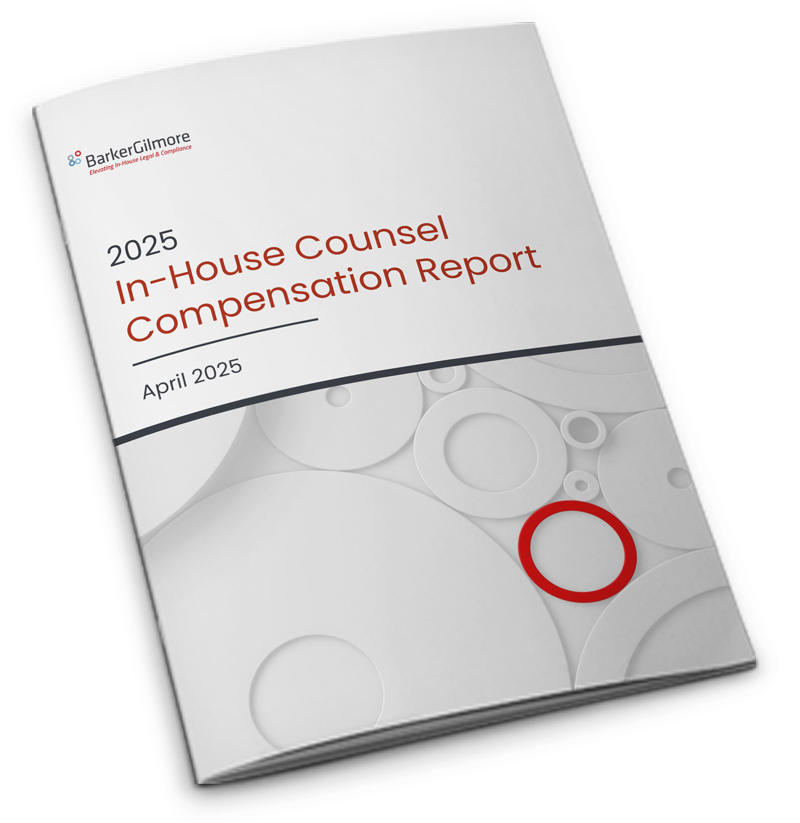Financial regulation, new employee laws and cybersecurity all weigh heavily on the minds of today’s General Counsel.
In fact, 98 percent of company directors said their General Counsel plays an important role in compliance and ethics, according to a recently released survey by executive recruiting firm BarkerGilmore.
While the General Counsel has a broad set of responsibilities, he or she must also have a thorough understanding of your industry. The chief legal concerns in manufacturing are significantly different from those that arise in the software or Internet services industry. The GC must demonstrate knowledge of your company’s sources of revenue, risk and objectives. Regulations are industry-specific, and your GC should also show competency in navigating them. The GC plays a significant role in ethics and compliance and should be well-versed in those areas.
Every company is structured differently. Some compliance officers report to the CEO or Chief Risk Management Officer, but the majority report to the General Counsel. Here are three ways the General Counsel can influence compliance.
Managing regulatory resources
Legal departments today face more demands in a complex, increasingly global environment. At the same time, legal department budgets are staying the same or even shrinking. This puts more pressure on the General Counsel to ensure the department is properly aligned to meet the needs. He or she may need to restructure the department or build it up with additional staff who can focus on compliance.
The General Counsel must also use a creative approach in managing outside legal staff. Kenneth Siegel, chief administrative officer and General Counsel of Starwood Hotels & Resorts Worldwide, discussed the importance of this for his company, which owns more than 1,100 hotels in 100 countries. The legal department he manages has nine offices spread across North and South America, Asia, Europe, Africa and the Middle East. Each region has its own General Counsel but reports to a designated region.
“The idea here was to make sure we put legal resources where the need was driving it,” he told the Association of Corporate Counsel in its recent publication, “Skills for the 21st Century General Counsel.” “Now, there is always someone capable of answering the phone, answering questions and supporting operations and deals in real time.”
Hiring compliance officers
As the General Counsel seeks to properly align resources, he or she must have an eye for spotting the best regulatory talent. That includes individuals in specialized areas, such as consumer law and pharmaceutical regulations. Even if your General Counsel isn’t involved in the early stages of recruiting and candidate assessment, the person in this position often plays a key role in establishing search criteria and participating in panel discussions.
It’s crucial for your General Counsel to understand the essential qualities of compliance officers, including industry-specific expertise, an international perspective and an unassailable reputation.
Advising the company on strategy
As a trusted advisor, the General Counsel must be able to communicate ongoing regulatory issues to the CEO and board of directors. When these issues affect the bottom line, as they often do, it is the General Counsel’s responsibility to identify creative solutions that will keep the company in compliance with the law without undue costs or diminished profits. General Counsel must have the authoritative character to be able to say “no” to senior management even when it’s not popular.
Regulatory expertise is just one of several essential traits every company should seek when hiring General Counsel. To see what other traits are most important, download our free guide “Finding your next general counsel”
Connect with a legal recruiting advisor
* indicates required fields



